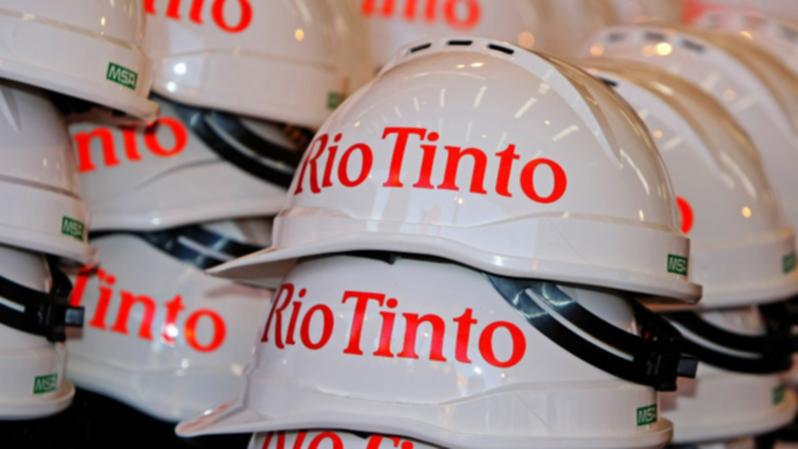Rio Tinto culture report: ‘Thoughts aren’t worth expressing any more’ as overhaul brews backlash from men

Rio Tinto’s efforts to fix culture issues over the past two years have left some male workers feeling “undervalued or overlooked” compared with their female peers, and of the belief that there is reverse discrimination at play.
The global mining giant released a progress update on Tuesday, two years after an initial bombshell report by former Australian Sex Discrimination Commissioner Elizabeth Broderick unveiled bullying and sexism were systemic at the company.
The latest report revealed there had been “positive momentum” within the company in trying to turn things around, but it also found there had been “resistance” to Rio’s Everyday Respect agenda — from both men and women.
Sign up to The Nightly's newsletters.
Get the first look at the digital newspaper, curated daily stories and breaking headlines delivered to your inbox.
By continuing you agree to our Terms and Privacy Policy.It found men had at times felt undervalued and overlooked, with some claiming there had been “reverse discrimination and that women were being hired who were not suitably qualified”.
“As a white heterosexual male, I feel as though my thoughts and feelings aren’t worth expressing any more,” one respondent said.
“There is so much talk and acknowledgement surrounding women, Indigenous and LGBT communities that my thoughts just get squashed.”
Men also shared fears of being labelled as sexist or a perpetrator if they “said or did the wrong thing or did not agree with the Everyday Respect agenda”.
According to the report, “several women” had also shared concerns about cultural change and suggested a focus on gender quality and diversity had “undermined women’s credibility in the workplace because of the perception of special treatment”.
“The focus on females has been good. But it hasn’t been cascaded or communicated well,” one respondent said.
“Bringing more women in is the right thing to do, but the way we’ve explained it to men hasn’t been the best approach.”
In its latest report, Elizabeth Broderick & Co said resistance was a natural part of any change agenda “and is seen across all efforts to advance cultural change in different contexts”.
“Resistance can be a sign that people either don’t understand or don’t believe in the case for change.”
Rio chief executive Jakob Stausholm told The West Australian there had to be a fair transition, and that finding the balance was difficult.
“You can see in the report the gender balance has improved every single year,” he said.
“We still have a long way to go, but there’s just a limit on how fast you can go, because if you try to go too fast, then the other group feels not fairly treated, so it has to be a fair transition. And finding that balance is difficult.
There is so much talk and acknowledgement surrounding women, Indigenous and LGBT communities that my thoughts just get squashed.
“There’s no doubt, and we see that in the commentaries in our people survey, that there are a lot of, particularly men, who find it difficult that suddenly we draw a line in the sand and saying ‘what we have done in the past is not OK, this is how it should be in the future’.
“Quite a lot of help is necessary to help them to understand why certain behaviours needs to change.”
Actual or attempted sexual assaults at Rio Tinto had increased since 2021, from five cases to eight in the past 12 months.
And 40 per cent of review participants witnessed bullying, sexual harassment or racism in the past 12 months.
Mr Stausholm admitted while progress was evident in the review, there was still a long way to go to change culture.
“I am greatly troubled by this and sincerely apologise on behalf of our leadership team to anyone affected,” he said.
“We’ll stay the course. We will continue working on strengthening the diversity and the inclusiveness in our culture.”
Originally published on The Nightly
